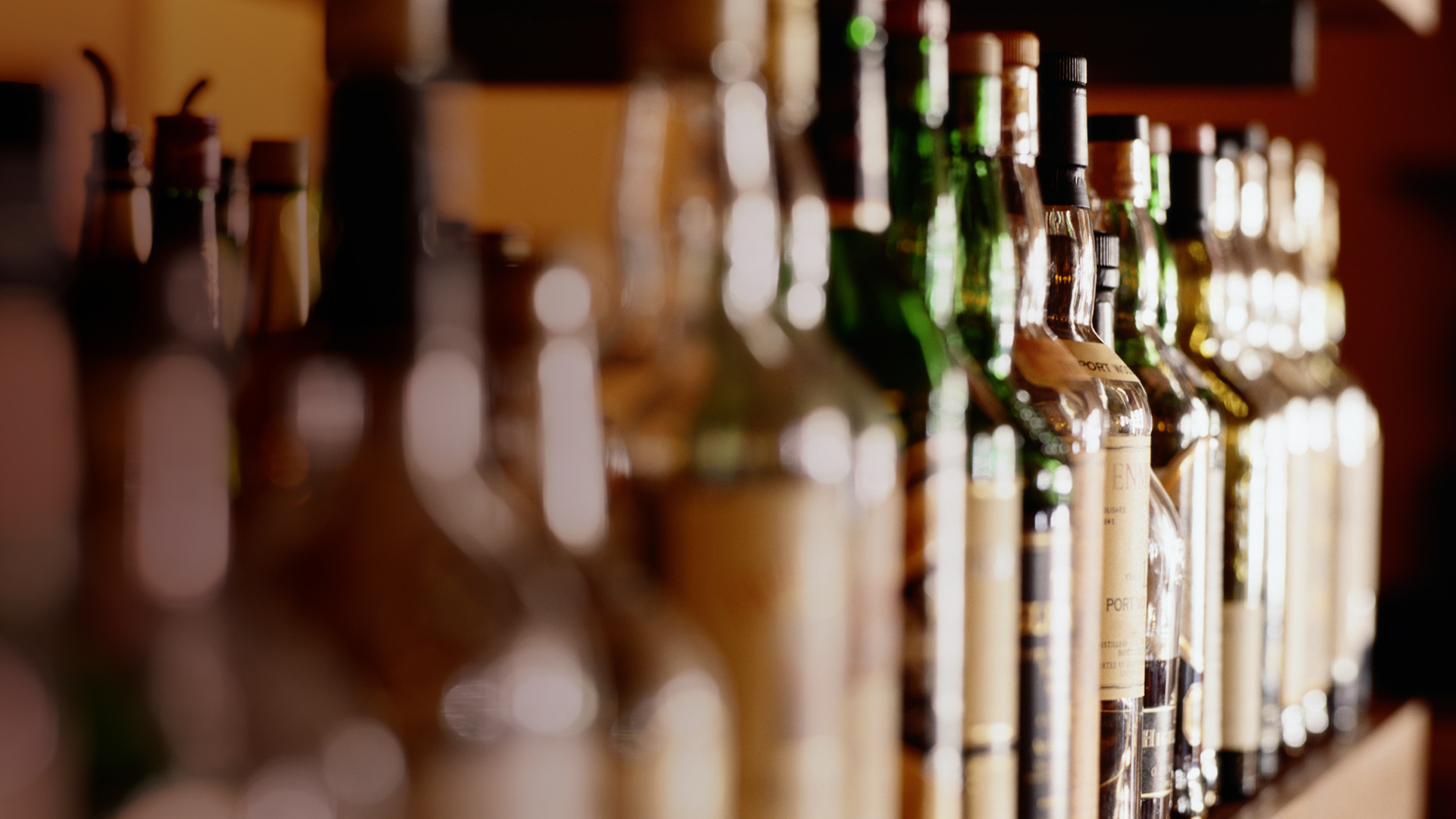Poll: Massachusetts Voters Support Increased Alcohol Taxes to Fund Key Programs.

Massachusetts Voters Support Increased Alcohol Taxes to Fund Key Programs
A recent Suffolk University/Boston Globe poll shows nearly two-thirds of respondents would back a 10 cents per drink increase if revenue was allocated to specific programs.
Registered voters in Massachusetts support increasing the state’s alcohol taxes to reduce underage drinking, help schools provide comprehensive services for K-12 students and their families, and support alcohol and drug treatment and prevention and the prevention of suicide and domestic violence, according to a new Suffolk University/Boston Globe poll.
Support for a 10 cents per drink increase in the tax was strongest among those with the lowest incomes (79% in support), and among women, with 80% of Democratic, 50% of Republican and 72% of Independent women saying they strongly or somewhat supported the measure.
According to the most recent data from the Centers for Disease Control and Prevention, alcohol causes on average 3,098 deaths per year in Massachusetts, including 41 deaths among persons under 21. In the U.S., more than half of those who have experienced domestic violence believed the perpetrator had been drinking. The CDC estimates that 21% of suicides would not have happened without alcohol use.
The state’s alcohol taxes have lost 75% of their value in real dollars since they were last raised in 1980, and now amount to less than a nickel per drink. The CDC estimated that alcohol problems cost the state $5.6 billion in 2010, the last year for which an estimate is available. Of that, $2.26 billion (or $345 per person and $.77 per drink consumed) was paid directly by governments.
“Alcohol problems continue to weigh on our state’s economy and our health,” said David Jernigan, professor in the Department of Health Law, Policy and Management. “The public supports updating our alcohol taxes to create safer and healthier communities in our state.”
Jernigan co-authored a 2023 report that analyzed the commonwealth’s landscape of alcohol distribution, sales locations, and consumption patterns. In Massachusetts, excise taxes on alcohol are directly charged to importers and wholesalers, but are usually passed along to retailers and consumers. Massachusetts does not include alcoholic beverages among products subject to a state sales tax. In 2010, opponents of alcohol sales taxes used fears of higher prices to force a ballot initiative that repealed a short-lived sales tax on alcohol that passed in 2009.
“Were Massachusetts to increase its alcohol tax, approximately a third of Massachusetts residents age 18 and above would pay no additional tax, because they did not drink in the past year,” the report states. According to the Centers for Disease Control and Prevention, about 8 percent of adults who drink account for half of the 35 billion total drinks consumed by US adults each year. “Because alcohol consumption is skewed toward the heaviest drinkers, the bulk of the tax—an estimated 73.5 percent—would be paid by excessive drinkers…”, the report states.
In the Suffolk poll, support for the tax was lower if the state simply used the additional funds to address its budget deficit: only 47% backed the increase if the taxes were not designated to specific causes.
Suffolk University surveyed a representative sample of 500 registered voters in Massachusetts between July 16 and July 18, using both standard landlines and cell phones. The survey had a margin of error of +/- 4.4%.